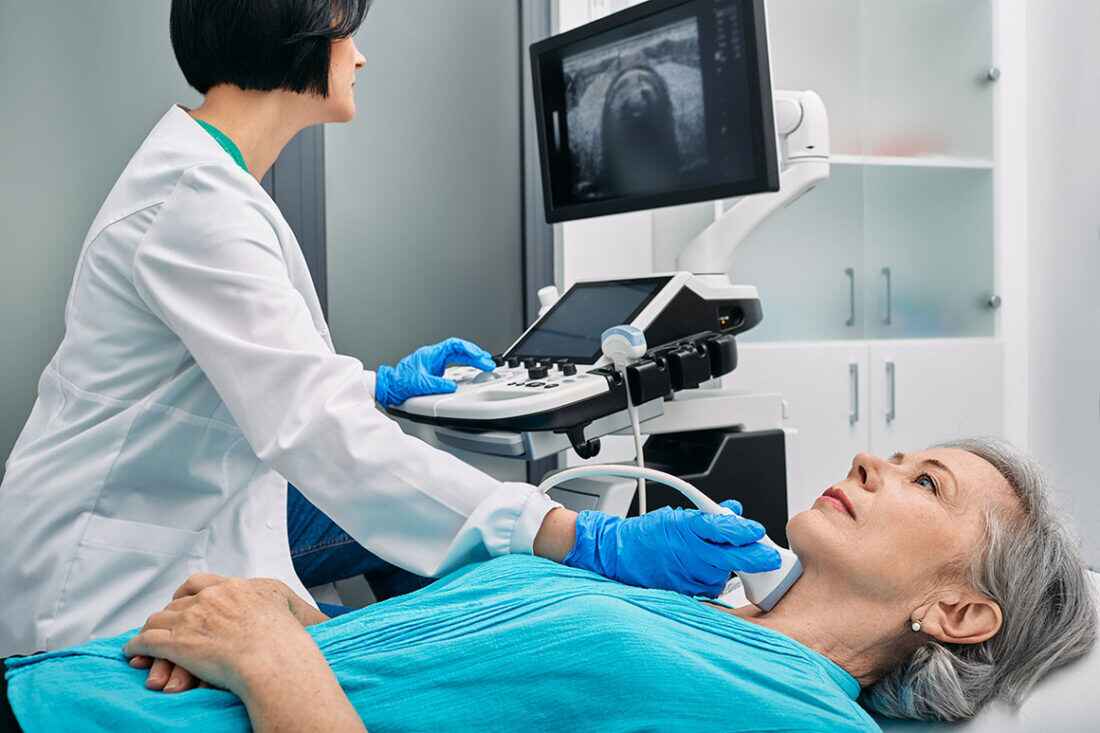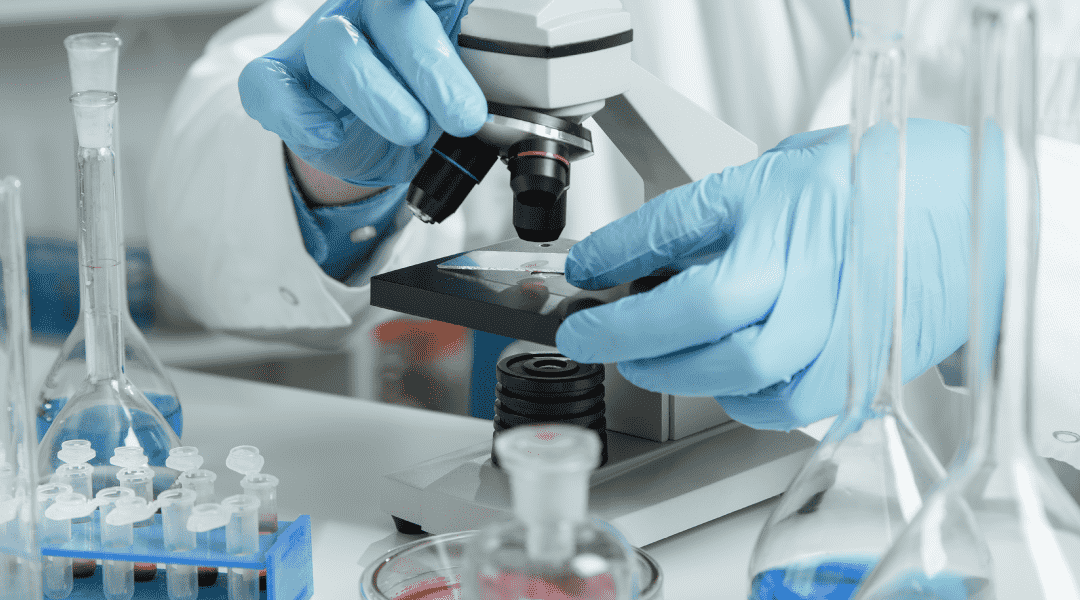When it comes to deciphering complex medical conditions, biopsies emerge as invaluable diagnostic tools. In this blog, we’ll delve into the significance of biopsies in identifying and understanding a range of medical conditions, exploring the process, benefits, and the pivotal role they play in healthcare. For personalized diagnostics and tailored healthcare plans, connect with Specialty Care Clinics.
What is a Biopsy?
A biopsy is a medical procedure where a small sample of tissue or cells is extracted from a specific area of the body. This sample is then examined under a microscope to provide insights into the structure, function, and health of the cells.
Types of Biopsies: Tailoring the Approach to the Condition:
Biopsies come in various forms, each designed to target specific areas or types of tissues. Common types include needle biopsies, surgical biopsies, and endoscopic biopsies, with the choice dependent on the suspected condition and the area of concern.
Cancer Diagnosis: A Definitive Answer through Tissue Analysis:
Biopsies play a pivotal role in cancer diagnosis, providing crucial information about the type of cancer, its stage, and the best course of treatment. This direct analysis of cancerous tissue is instrumental in tailoring precise and effective treatment plans.
Identifying Inflammatory Conditions: Unraveling Cellular Responses:
Inflammatory conditions, such as autoimmune diseases, often leave characteristic patterns in affected tissues. Biopsies help in identifying these patterns, aiding in the diagnosis and management of conditions like rheumatoid arthritis, lupus, and inflammatory bowel disease.
Detecting Infections: Unmasking Pathogens at the Cellular Level:
Infections can be elusive, but biopsies offer a direct look at affected tissues, facilitating the detection of infectious agents. This is crucial in cases where other diagnostic methods may not provide conclusive evidence.
Precision in Treatment: Tailoring Therapies for Better Outcomes:
The information gathered from biopsies allows healthcare professionals to tailor treatment plans with precision. This personalized approach ensures that patients receive interventions that specifically address their unique medical condition.
Early Detection: A Key to Improved Prognosis:
Biopsies are instrumental in early disease detection, enabling timely intervention and improving overall prognosis. This is particularly vital in conditions where early treatment significantly influences outcomes, such as certain cancers and autoimmune diseases.
Confirmation of Diagnosis: Reducing Uncertainty for Patients:
For many patients facing undiagnosed symptoms, a biopsy can provide clarity and confirmation of a suspected medical condition. This reduction in uncertainty is not only medically significant but also contributes to the emotional well-being of the patient.
The Future of Biopsy Advancements:
As technology evolves, so does the field of biopsies. Emerging technologies, such as liquid biopsies and molecular profiling, show promise in providing even more precise and less invasive diagnostic approaches. These advancements hold the potential to revolutionize how we diagnose and manage medical conditions in the future.
Empowering Diagnoses, Transforming Healthcare
Biopsies stand as powerful allies in the realm of healthcare, unraveling medical mysteries, and providing a foundation for precise diagnoses and tailored treatments. As technology continues to advance, the diagnostic power of biopsies will play an increasingly vital role in improving patient outcomes and shaping the future of medical care. In essence, the significance of biopsies goes beyond diagnosis—they are catalysts for better-informed, personalized healthcare.


